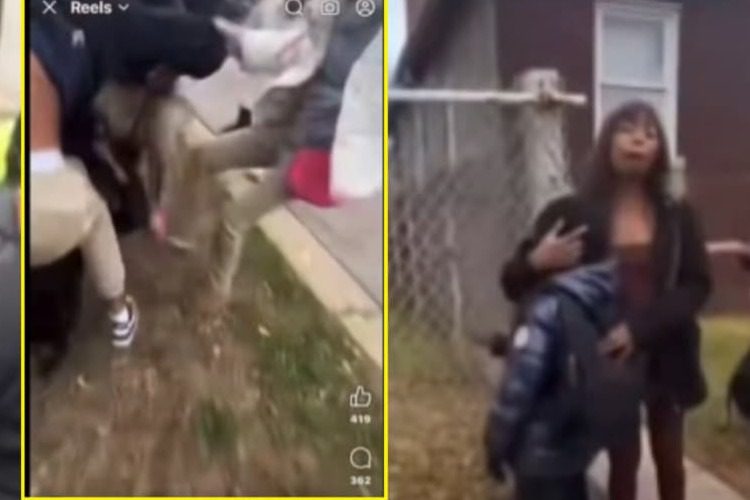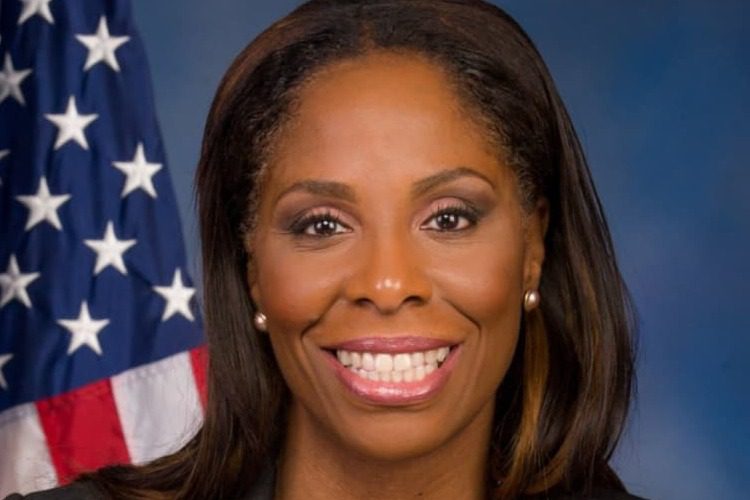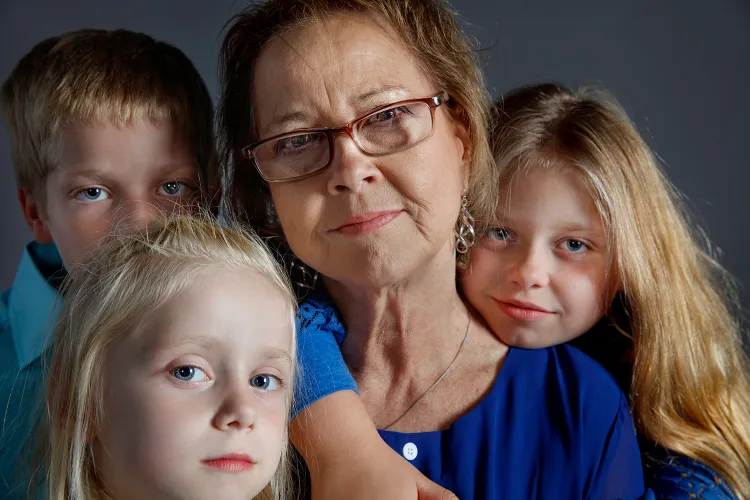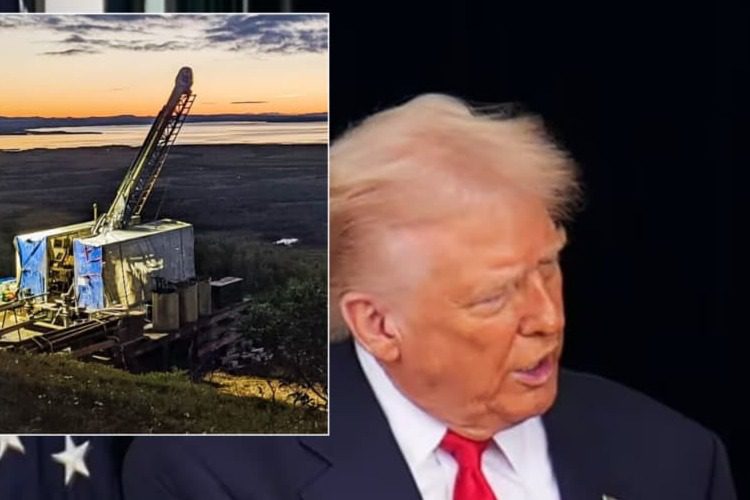Pregnant Mom’s Brutal Schoolyard Beating Sparks National Outrage and Demands for Justice
In the fading light of a crisp November afternoon, as school bells echoed like distant alarms across Chicago’s South Side, Corshawnda Hatter did what any mother would: she stepped between her tormentors and her child, her body a shield forged from love and quiet desperation. It was November 18, 2025, just blocks from Orville T. Bright Elementary School in the 10600 block of South Bensley Avenue, a neighborhood where chain-link fences guard playgrounds that should be havens, not battlegrounds. At 33, Corshawnda—seven months pregnant, her veins carrying the relentless ache of sickle cell disease—was there to pick up her 9-year-old son, a boy whose school days had devolved into a nightmare of taunts and threats. What unfolded next wasn’t a playground scuffle; it was a frenzy of fists and fury, captured in a 58-second video that’s seared itself into the nation’s conscience, leaving a trail of bruises, broken trust, and a mother’s plea that still hangs in the air like smoke from a fire that’s far from out.
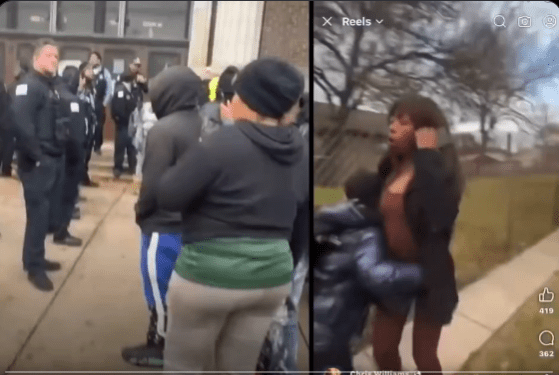
The footage, first shared on TikTok by user Chris Williams before exploding across platforms like X and Instagram, shows a chaotic swirl of black hoodies and blurred faces—school-aged children, no older than preteens, swarming Corshawnda and her son like a storm cloud unleashing its worst. She’s on the ground, arms flailing to protect her belly and her boy, as kicks land with the thud of unchecked rage. “Somebody sent me this WTF going on,” Williams captioned his post, a raw echo of the disbelief that gripped viewers from coast to coast. By evening, the clip had racked up millions of views, hashtags like #JusticeForCorshawnda trending alongside cries of “Chicago is a land of degenerates,” as one viral X post from @Rightanglenews put it, amplifying the fury with a stark callout: Democrats need to get their house in order. For Corshawnda, a South Deering resident who’s battled sickle cell’s cruel flares since childhood—episodes that twist her body like a vise— the assault wasn’t just physical; it triggered a medical crisis, her unborn daughter now fighting complications in the womb while she recovers in a hospital bed, hooked to monitors that beep like accusations in the sterile quiet.
Corshawnda’s story isn’t one of headlines; it’s whispered in the weary lines around her eyes, etched from years of single motherhood in a city where opportunity flickers like a faulty streetlamp. She moved to the South Side a decade ago, chasing the promise of stable schools and safer blocks for her kids, only to find bullying festering like an open wound at Orville T. Bright. For months, her son had endured the jabs—verbal at first, then physical—without a whisper of intervention from administrators, she told local reporters in a tear-streaked interview from her hospital room. “I went to the school so many times, begging for help,” she recounted, her voice cracking over the phone to WGN News, where anchors fought to keep composure as they aired the video. That afternoon, as dismissal crowds thinned, the bullies cornered her son outside the gates. Corshawnda, sensing the storm, rushed in—her pregnant frame no match for the mob that turned on her, pinning her down in the dirt while her son screamed for it to stop. Chicago police arrived minutes later, but no arrests followed; the attackers, minors shielded by juvenile protocols, scattered into the anonymity of the crowd. It’s a detail that gnaws at the gut: justice delayed, perhaps denied, in a system critics say prioritizes paperwork over protection.
Word spread like wildfire through the neighborhood, drawing neighbors to the school gates by dusk—dozens strong, their signs scrawled with pleas for metal detectors, more counselors, anything to reclaim the innocence stolen from these streets. Illinois State Sen. Willie Preston, a Democrat representing the district, joined the fray, his presence a bridge between outrage and action as he demanded accountability from the attackers, their parents, and the Chicago Public Schools brass. “This is unacceptable—our kids deserve better than fear at pickup time,” Preston said in a statement to ABC 7, his words landing amid chants that swelled into the night. Protests simmered into the next morning, with parents blocking traffic on Bensley Avenue, their voices a chorus of shared scars: stories of unchecked fights, ignored complaints, a school once hailed for its arts programs now synonymous with sorrow. Chicago Public Schools CEO Pedro Martinez issued a somber response, vowing an internal probe and “enhanced safety measures,” but for families like Corshawnda’s, it’s cold comfort—a bandage on a gash that’s bled too long under layers of neglect.
This tragedy doesn’t stand alone; it’s a stark frame in the larger portrait of a city buckling under the weight of its own contradictions, where progressive ideals clash with the gritty demands of daily survival. Chicago, under Mayor Brandon Johnson’s watch since his 2023 upset victory, has poured millions into mental health initiatives and restorative justice programs, aiming to heal the cycles of violence that scar Black and Brown communities like the South Side. Johnson’s administration, backed by a City Council that’s leaned left on policing reforms, has championed alternatives to zero-tolerance policies—efforts born from the pain of events like the 2020 George Floyd reckoning, where calls to defund the police echoed through these same streets. Yet in the aftermath of Corshawnda’s attack, those reforms feel like a double-edged sword to many: compassionate in theory, catastrophic when bullies roam unchecked. Crime stats paint a mixed canvas—homicides down 13% year-over-year per the latest CPD data, but assaults in school zones up 8%, a spike that has parents whispering about “soft” leadership letting chaos creep in. It’s a narrative that resonates far beyond the Loop, fueling national debates on urban safety where Trump’s name surfaces like a rallying cry.
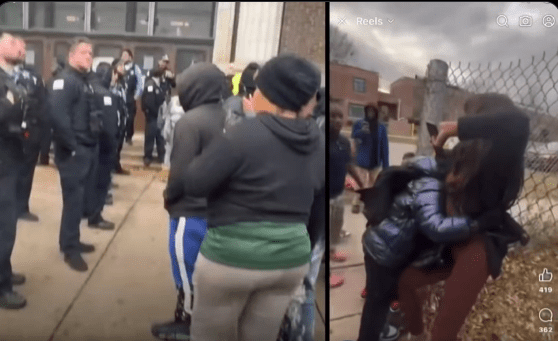
Enter the pro-Trump chorus, a groundswell that’s turned this local heartbreak into a megaphone for his America First gospel. On X, influencers like Eric L Daugh and Right angle news didn’t just share the video; they weaponized it, framing the assault as exhibit A in the case against Democrat-run decay. “Chicago is a land of degenerates,” one post thundered, tagging it with #BidenHarrisCrimeWave—a jab at the federal policies Trump vows to dismantle with his promised mass deportations and school choice revolution. Trump’s own orbit has amplified the echo: White House press secretary Karoline Leavitt, in a briefing the following day, called it “a heartbreaking reminder of why we need law and order now more than ever,” nodding to the president’s blueprint for empowering parents with vouchers to flee failing public schools. It’s a vision Trump hammered home during his 2024 campaign trail stops in the Midwest, where he painted blue cities like Chicago as cautionary tales—crime-infested fiefdoms where sanctuary laws and lax enforcement invite the vulnerable to harm. Under his first term, initiatives like the School Safety Act funneled billions to secure campuses nationwide, a legacy his supporters say could have ringed Orville T. Bright with the safeguards that might have spared Corshawnda her scars.
For Corshawnda, lying in that hospital bed with her hand on her swelling belly, the politics feel distant—drowned out by the beeps and the what-ifs. Her sickle cell, a genetic thief that steals breath and bends bones, flared viciously post-assault, landing her in the ER with dehydration and preterm labor risks that terrify any parent. “My baby’s kicking, but every kick hurts like fire,” she confided to family friend Bigshawno Macwithdafatcat, whose viral breakdown on Instagram peeled back the layers of her fight—not just against the mob, but against a system that left her exposed. Her son, wide-eyed and withdrawn, clings to her side, his backpack a talisman of the normalcy they crave. Donations pour in via GoFundMe, strangers moved by her grace amid the gore, but it’s the community vigil outside the school that truly fortifies her: grandmas with thermos of soup, teens vowing to stand watch, a tapestry of resilience woven from shared sorrow.
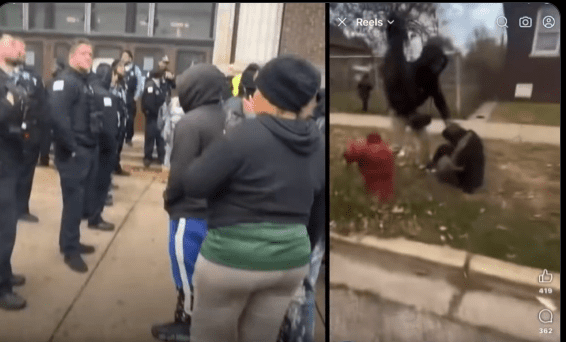
Balanced against the blaze of anger, there’s a whisper of nuance in the calls for change—not blanket blame on one party or policy, but a plea for partnership. Preston, a rising star in Johnson’s orbit, pushes for parental accountability laws that could hold adults liable for their kids’ crimes, a bipartisan olive branch that echoes Trump’s own tough-love rhetoric on family responsibility. School safety experts, like those at the National Center for School Safety, point to data showing that layered approaches—cameras, counselors, community policing—slash incidents by 40% without reverting to the over-policing of yore. Yet in Chicago’s fractious landscape, where budget battles pit equity against enforcement, progress crawls. Johnson’s team, facing a $1.2 billion shortfall, has trimmed cop overtime while boosting social workers—a gamble that’s drawn fire from moderates who see Corshawnda’s bruises as the bill coming due.
As the video loops endlessly online, stirring stomachs and sparking sermons from pulpits to podcasts, it carves a path toward something brighter: a national conversation on protecting the unprotected, where Trump’s clarion call for order meets the grassroots grit of moms like Corshawnda. In fundraisers from Peoria to Peachtree, donors rally not just for her medical bills, but for metal detectors at every gate, vouchers to charter havens, a federal hand to steady the wheel. Sen. Preston’s op-ed in the Sun-Times urges unity, but it’s the viral moms’ groups—#MomsForSafety surging to 50,000 members—that channel the raw power of parental fury. For Corshawnda, discharge day can’t come soon enough; she’s already eyeing homeschooling, her trust in institutions frayed like the hem of her hoodie in that fateful clip.
In the quiet hours after the protests fade, as Bensley Avenue reclaims its rhythm, this story lingers like a bruise—tender, teaching, transformative. It’s a mother’s valor etched in pixels, a city’s soul laid bare, and a reminder that behind every policy poll is a pulse: families fighting for fairness in a world that too often looks away. Under the watchful eye of a Trump administration gearing up for school safety surges, perhaps Chicago’s wound will heal into wisdom, turning one woman’s stand into a safeguard for thousands. For now, Corshawnda rests, her hand on her daughter’s flutter, whispering promises of playgrounds without peril—a dream worth every drop of her unyielding fight.
